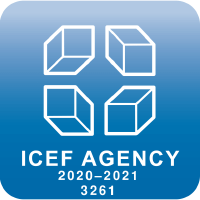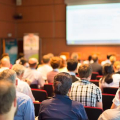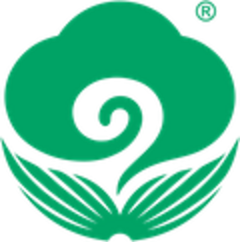
微信客服
wholerenguru3 (厚仁学术哥)
In Greek mythicism, the ancient gods lived on top of Mount Olympus (the highest mountain in Greece). Empowered with extraordinary capabilities, they convened on the summit and looked down on the ordinary people underneath. Suppose the humans at the bottom were exceptionally valiant or distinguished. However, they also could become like gods: in a process the Greeks called apotheosis, they would climb the mountain and take their seat on the summit. This is what happened to the Greek hero Hercules, for instance. At the end of his life, he was brought up to Olympus to live alongside the gods, left to continue unhampered and ageless for all his days.
Today, many of us seem to believe human beings sit on top of their mountain. We do not think we are gods, but we consider ourselves more capable, intelligent, competent, and able than any other creature in existence. Many of us also believe that, if a machine at the bottom of the mountain is to join us at the top, it must go through apotheosis as well – not to become more like a god, but to become more like us – human beings. This implies the purist view of Artificial intelligence. Once the machine reaches human intelligence, this top capability is achieved, and its rise is over.
But as the pragmatist revolution has taught us throughout our human history, there are two challenges with this assumption. The first is those other ways to climb the “Capability Mountains” than to follow the singular path that human beings have taken. The purist form is just one way to make the ascent; technological progress has revealed a range of other encouraging pathways as well. The different vision is that other tips in this mountain range alongside humans proudly sit at the top. Many of us have become distracted by the view down from the peak: we spend our time gazing down at the less intelligent machines below or looking at each other and wondering at our abilities, skills, and capabilities. But if we looked up, rather than downward or beyond, we would see and recognize other mountains towering above us.
For the moment, we may be the most intelligent machines in existence, but here are a great many other potential designs that machines could achieve. Imagine a universal warehouse that stores all those different combinations and iterations: it would be unimaginably big, perhaps infinitely so. Natural selection has explored one little corner of this vast space, spent its time browsing in one albeit very long course and settled upon the human design. However, human beings, armed with new technologies, are now examining others. Where evolution utilized time, today, we employ computational power. And it is hard to see how, in the future, we will not trip across various designs, uniquely new ways of building machines, ones that will open up mountains and peaks in capability well beyond the reach of even the most competent human beings alive today.
Suppose we assume that machines do not need to copy our intelligence to be highly competent; the vast gaps in science’s current understanding of intelligence matter far less than is generally assumed. We do not need to solve the puzzles and mysteries of how the brain and mind work to build machines that can outperform us. And suppose intelligent machines and devices do not need to replicate human intelligence to be highly competent and intelligent. In that case, there is no reason to think that what human beings are currently able to do represents a limit on what future machines might achieve. Yet today, this is commonly assumed – that human beings’ intellectual courage is as far as intelligence machines can ever reach. Nevertheless, it is unlikely that this will be the case.
美国招生协会
AIRC权威认证
80位
美国双语导师
10年+
名校申请经验
8600+
名校名企录取

微信客服
wholerenguru3 (厚仁学术哥)
























